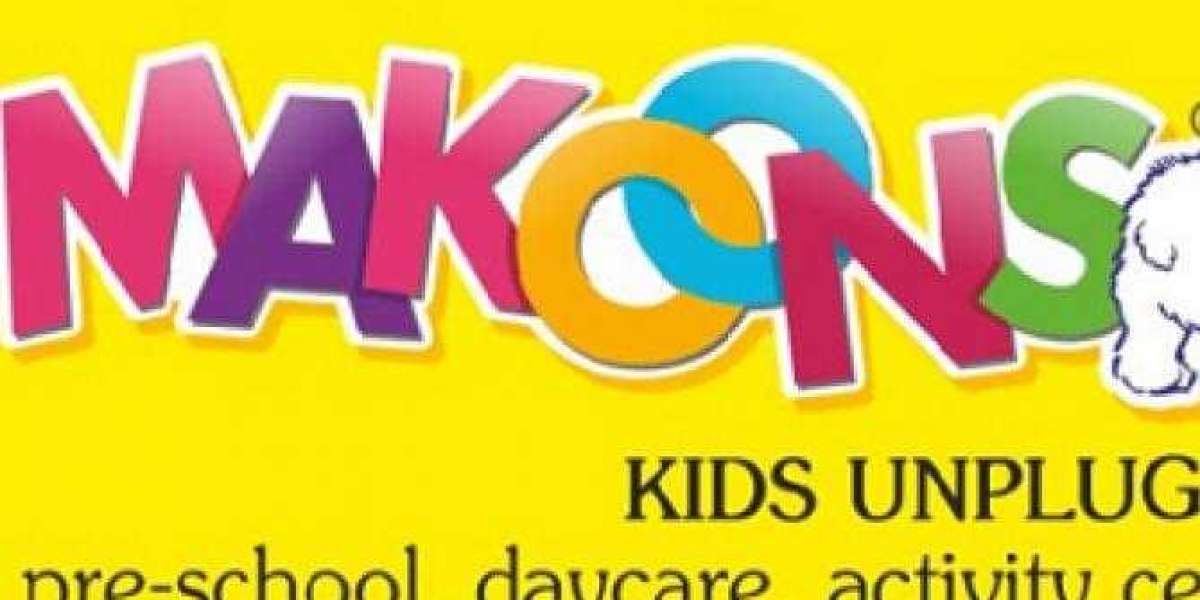Starting a preschool in Gwalior or a preschool in Gorakhpur under a reputed franchise brand can be one of the most promising and fulfilling business opportunities in the education sector. Parents today seek trusted names when it comes to early childhood education, and franchising offers an advantage by combining brand reputation with proven teaching methods. However, many aspiring entrepreneurs overlook one of the most critical parts of the agreement — the termination and renewal clauses.
These clauses decide how long you can operate the play school, under what conditions your franchise can end, and how you can renew your contract after its term expires. Understanding these details can make the difference between a smooth, long-term business relationship and an unexpected financial loss.
1. Why Termination and Renewal Clauses Matter
Franchise agreements are legally binding contracts that define the partnership between the franchisor (the brand owner) and the franchisee (the investor). Typically, a preschool franchise is granted for 5 to 10 years. However, what happens when that period ends — or if a dispute arises midway — depends entirely on the termination and renewal clauses.
For investors running a preschool in Gwalior or preschool in Gorakhpur, these clauses are crucial because they protect the financial and operational stability of your center. Without clarity, you risk losing your investment, brand rights, and even your school’s goodwill if the franchisor decides to terminate unexpectedly or impose high renewal fees.
2. Understanding Termination Clauses
A termination clause defines the conditions under which either party can end the franchise agreement before its term is over. While these are meant to ensure accountability and brand quality, they often favor the franchisor.
Here are some common termination triggers found in play school franchise agreements:
Non-compliance with brand standards: If your preschool doesn’t maintain specified teaching quality, infrastructure, or hygiene, the franchisor can end the agreement.
Delay in royalty payments: Late or missed payments can lead to immediate termination in some cases.
Use of unauthorized materials: Using non-approved curriculum, logos, or advertising can be considered a breach of contract.
Failure to meet enrollment targets: Some franchisors include minimum admission goals, and failure to meet them can justify cancellation.
While these terms are standard, franchisees must ensure the contract also defines a reasonable notice period (usually 30–90 days) and provides an opportunity to correct any violations before termination.
3. Common Red Flags in Termination Clauses
Investors should be cautious of hidden or one-sided clauses that can jeopardize their business:
Immediate termination without notice: Some agreements allow the franchisor to end the contract abruptly for even minor violations.
No refund of franchise fees: Most contracts state that once terminated, all initial and ongoing fees are non-refundable.
Non-compete restrictions: You may not be allowed to open another play school — even under a new brand — for years after termination.
One-sided decision rights: Some franchisors reserve the right to terminate “at their sole discretion,” which can be misused.
Before signing, seek legal advice and request the removal or revision of such clauses to ensure fair protection.
4. Renewal Clauses: Your Right to Continue the Partnership
Once your franchise term (typically 5–10 years) ends, the renewal clause determines whether and how you can continue running your preschool in Gorakhpur or preschool in Gwalior under the same brand name.
A well-drafted renewal clause should clearly outline:
Renewal period: Usually another 5 or 10 years, depending on the brand policy.
Renewal fees: Any additional payment required to extend the franchise.
Performance evaluation: Conditions like maintaining brand standards, student satisfaction, or timely payments may affect renewal eligibility.
Upgrade requirements: Franchisors may demand infrastructure updates or retraining as part of the renewal process.
Understanding these conditions in advance ensures you can plan financially and maintain uninterrupted operations.
5. Hidden Costs and Conditions in Renewal
Renewal is not always automatic. Some franchisors charge high renewal fees or require expensive upgrades as part of the process. For instance, you might need to renovate classrooms, buy new equipment, or adopt digital learning tools to align with updated brand guidelines.
While these upgrades can improve the school’s appeal, they also add financial pressure. Before committing, negotiate transparency on:
Whether renewal fees are fixed or percentage-based.
If upgrades are mandatory or optional.
Whether royalties or marketing contributions change after renewal.
This helps ensure you aren’t surprised by new costs later on.
6. Legal Safeguards for Franchise Investors
When setting up a play school, always approach the agreement with legal caution. Here’s how to safeguard your investment:
Hire a franchise lawyer: They can interpret legal language, identify unfair clauses, and help you negotiate better terms.
Demand a cure period: Ensure your agreement includes a provision allowing you time to fix issues before termination.
Request clear renewal rights: Renewal should not depend solely on franchisor approval but on measurable performance standards.
Document all communications: Keep written records of payments, performance reports, and correspondence with the franchisor.
Avoid vague language: Terms like “reasonable performance” or “satisfactory compliance” should be replaced with specific, measurable benchmarks.
These safeguards prevent misunderstandings and give you a legal advantage in case of disputes.
7. Building a Long-Term Relationship with the Franchisor
The best way to avoid termination or renewal conflicts is by maintaining open communication with your franchisor. Attend regular training sessions, share progress reports, and ensure compliance with all operational guidelines.
For your preschool in Gwalior or preschool in Gorakhpur, consistency in quality and transparency in communication not only strengthen trust but also increase your chances of smooth renewal and long-term partnership success.
Conclusion
Investing in a play school franchise offers tremendous opportunities, but success depends on more than just marketing or enrollment — it hinges on understanding your legal rights. Termination and renewal clauses are the backbone of your franchise security.








